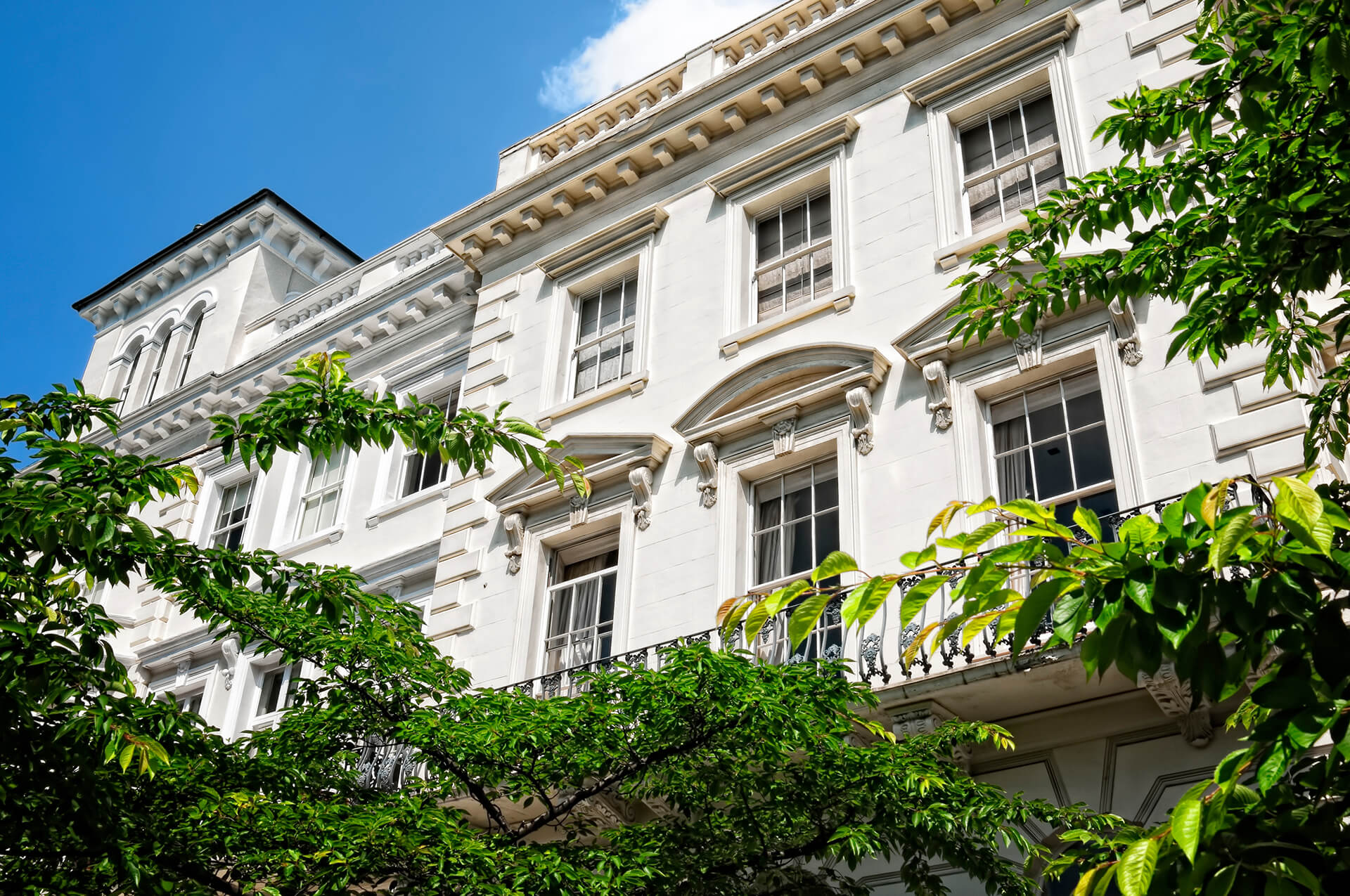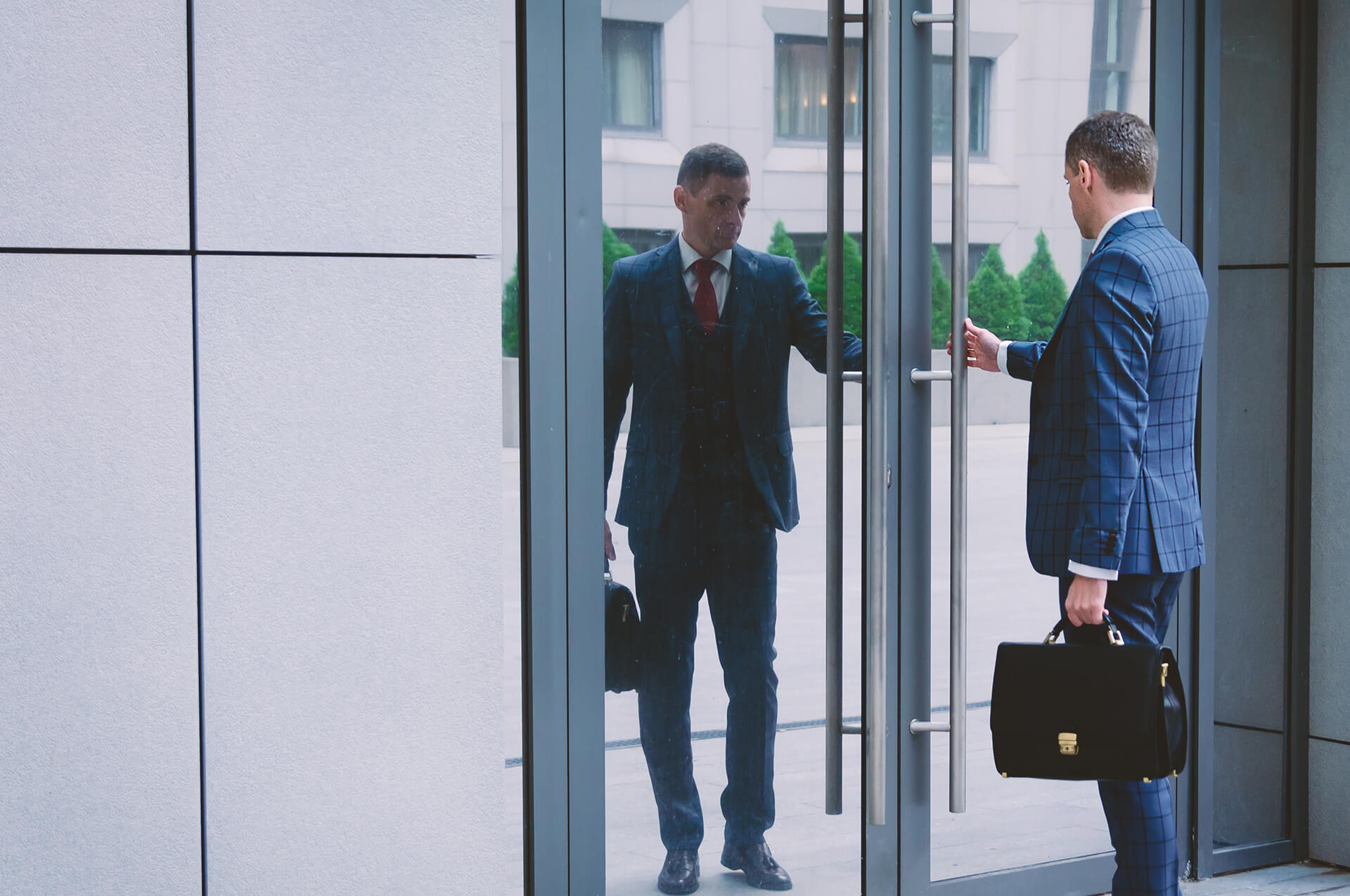Different lenders will have their own eligibility checks.
What eligibility checks will there be?
They will typically check the borrowers:
- Cash flow
- Outstanding debts
- Projected business income
- Ability to pay the deposit and source of funds
- Income (full accounts of trading business) credit and assets
- 2 year’s trading accounts
- Last 3 months’ business bank statements
- Proof of ID (certified copy of passport or driving licence)
- Proof of residency (utility bill or bank statement)
What sort of properties can be purchased or refinanced with commercial mortgages?
Although this will vary between lenders, here are a range of properties which commercial mortgages may suit:
- Shops & Retail
- Offices
- Factories
- Warehouses
- Restaurants
- Pubs
- Workshops
- Garages
- Hotels
- Commercial unit's with residential uppers
What interest rates are available with commercial mortgages?
Rates typically begin from 4.5% and will vary between lenders depending on the amount borrowed and the loan term.
How much money can be borrowed with commercial mortgages?
Minimum loan sizes typically start at £20,000 and can range anywhere into and beyond £25 million (subject to criteria). This range will vary between lenders. Typical repayment terms are up to 25 years.
How much of a deposit do I need for a commercial mortgage?
Lenders will typically consider up to 75% loan-to-value (LTV). In some instances, we can consider lending up to 80% LTV on the vacant possession value. So, you will need to have a deposit available anywhere from 25% and above, depending on the lender’s criteria and your desired interest rates. This will vary between lenders.
How long do applications take to complete for commercial mortgages?
This will drastically vary between lenders and of course between cases with varying circumstances. Here at Enterprise Finance from the initial enquiry to completion, our average turnaround time for a commercial mortgage loan is 8 to 10 weeks.
How does the application process work for development finance?
- Client contacts their broker with an enquiry to raise capital or refinancing commercial premises.
- Through the regular fact-find process, the broker evaluates whether a High Street mortgage will be suitable or if they will need to refer the client’s case to a specialist lender, through a Specialist Finance Distributor (SFD)
- If referring to a SFD, the broker will inform their client they are being referred and to expect a call from them directly.
- The SFD then takes the client through the application process and regularly updates the broker on the progress.
- The SFD underwriter will speak to the client and then assess if the client’s circumstances are suitable for a commercial mortgage. If they are, they prepare indicative terms and the application form to send to the client to review.
- If the client is happy to go ahead, the client can confirm they are happy to go ahead with the full process, complete the required paperwork and prepare documentation.
- The SFD pre-underwrites the deal, making sure it’s ready for the lender. Once ready the SFD sends the application to the lender to get a formal approval in principle
- The lender issues the Agreement In Principle (AIP) to the client through the SFD. They then will ask for supporting documents.
- Once the client has returned these required documents to the SFD, the underwriter will re-assess the case and instruct a valuation.
- Once the valuation is received, the SFD packages the case and submits it to the lender.
- The lender will then underwrite the loan and approve it. The lender will issue a formal offer for additional documentation to sign including; offer, legal charge permission and proof of buildings insurance.
- Once the client has signed and returned the final documents, the SFD forwards onto the lender who instructs the solicitors when received.
- Once all legalities have been finalised the funds are released to the borrower
What fees and charges can I expect with commercial mortgages?
These fees will vary across the market.
- Broker fee – This varies between brokers. Some brokers do not charge a fee and rely on receiving commission from lenders when the loan completes. Other brokers may charge a fixed fee, or a percentage of the total loan value.
- Application fee – Some lenders and brokers charge for submitting an application
- Valuation fee – To calculate an unbiased, accurate value of the security, lenders will typically instruct an independent valuation. This can also include a projected valuation of the project once completed.
- Arrangement fee – Often calculated as percentage of the total cost of the loan
- Legal fees – If needed, borrowers will have to pay for legal costs such as hiring a solicitor or qualified legal advice
- Exit fee – Often calculated as a percentage of the total cost of the loan. There are some commercial mortgages that do not have exit charges.
- Administration fees - Any additional costs charged by either lender or broker
Let's chat
Aria Finance are here to help.

